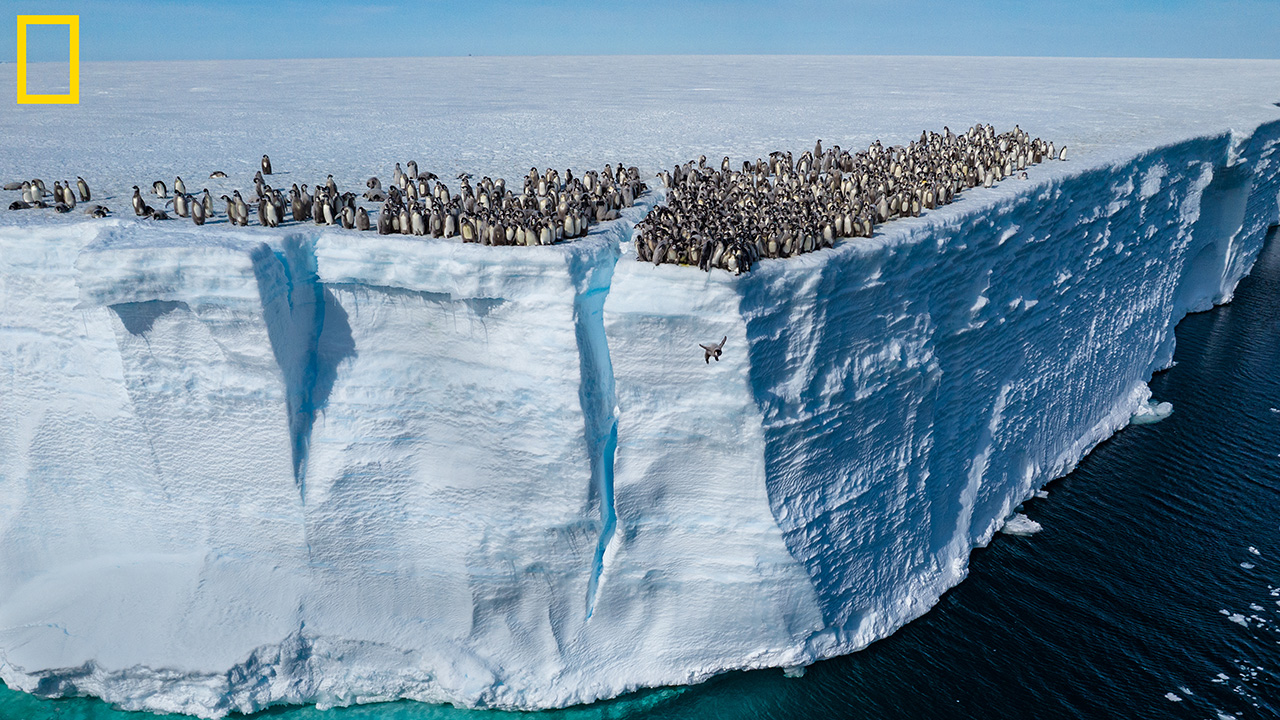Officials: Sea lion strandings at record levels statewide

SAN PEDRO, LOS ANGELES (KABC) -- Veterinarians say Walter, the 8-month-old sea lion rescued in Marina del Rey on Monday, is in critical condition.
He's on antibiotics in an isolated area at the Marine Mammal Care Center in San Pedro.
Eyewitness News first spotted Walter, also known as patient number 15-223, after ABC7 viewer Dana Feldman contacted us. At the time, Walter was wobbling toward a parking garage emaciated and disoriented.
He had been stranded for two days because Marine Animal Rescue was inundated with other calls of stranded pups.
The response to Walter's story on Facebook has been overwhelming. Dozens of viewers posted on our ABC7 Facebook page their own photos of stranded sea lions, including Seth Bunting and Laura Gunson.
It turns out, sea lion strandings are at record levels in the state. The Marine Mammal Care Center in San Pedro is nursing more pups now than they can handle.
"It's more than double what we saw in our record year, and it's about five times what we typically see this time of year," said David Bard, operations director at the Marine Mammal Care Center.
Linda Neese who often visits the care center, says the strandings are horrifying.
"I came here a while ago, and there was hardly any here, and now all of a sudden it's just a lot," she said.
Bard says it's too early to know what's causing the sea lions to come ashore in such high numbers, but the last time it happened in 2013, it was attributed to the food source moving to deeper and farther waters.
"What we were seeing is sardines spawning farther off shore. This affected not only the pups who were learning to forage for themselves, but even before they were born, the moms were having to go on longer foraging trips, which meant that they couldn't nurse their young as effectively or as frequently," Bard said.
The National Oceanic and Atmospheric Administration says it's monitoring the crisis. Meantime, the Marine Mammal Care Center released five sea lions on Tuesday that they nursed back to health to make room for more patients.
They're urging anyone who'd like to volunteer or donate to the program to contact them at marinemammalcare.org.










